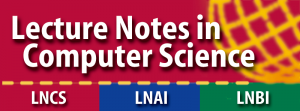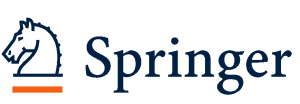15th International Conference on Parallel Problem Solving from Nature
The Fifteenth International Conference on Parallel Problem Solving from Nature (PPSN XV) will be held in Coimbra, Portugal on 8-12 September 2018. The conference will take place at the Campus of the University of Coimbra, recognised by UNESCO as world heritage site, due to its relevance in the dissemination of knowledge throughout the fields of arts, sciences, law, architecture, urban planning and landscape. The venue includes a set of buildings and rooms of historical relevance, thus giving the participants the opportunity to visit the different areas of the university and experience the feeling of studying and working in Coimbra.
This biennial meeting brings together researchers and practitioners in the field of Natural Computing. Natural Computing is the study of computational systems which use ideas and get inspiration from natural systems, including biological, ecological, physical, chemical, and social systems. It is a fast-growing interdisciplinary field in which a range of techniques and methods are studied for dealing with large, complex, and dynamic problems with various sources of potential uncertainties.
PPSN XV will showcase a wide range of topics in Natural Computing including, but not restricted to, Evolutionary Computation, Artificial Neural Networks, Artificial Life, Swarm Intelligence, Artificial Immune Systems, Self-Organising Systems, Emergent Behaviour, Molecular Computing, Evolutionary Robotics, Evolvable Hardware, Parallel Implementations and Applications to Real-World Problems. PPSN XV will also feature workshops and tutorials covering advanced and fundamental topics in the field of Natural Computing.
Following the PPSN tradition, all accepted papers will be presented during poster sessions and will be included in the proceedings, to be published in the Series Lecture Notes in Computer Science (LNCS) by Springer. Prospective authors are invited to contribute their high-quality original results in the field of Natural Computing.

